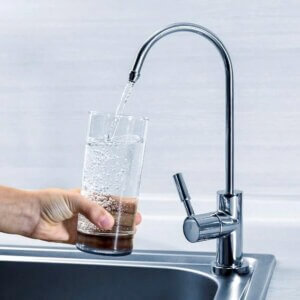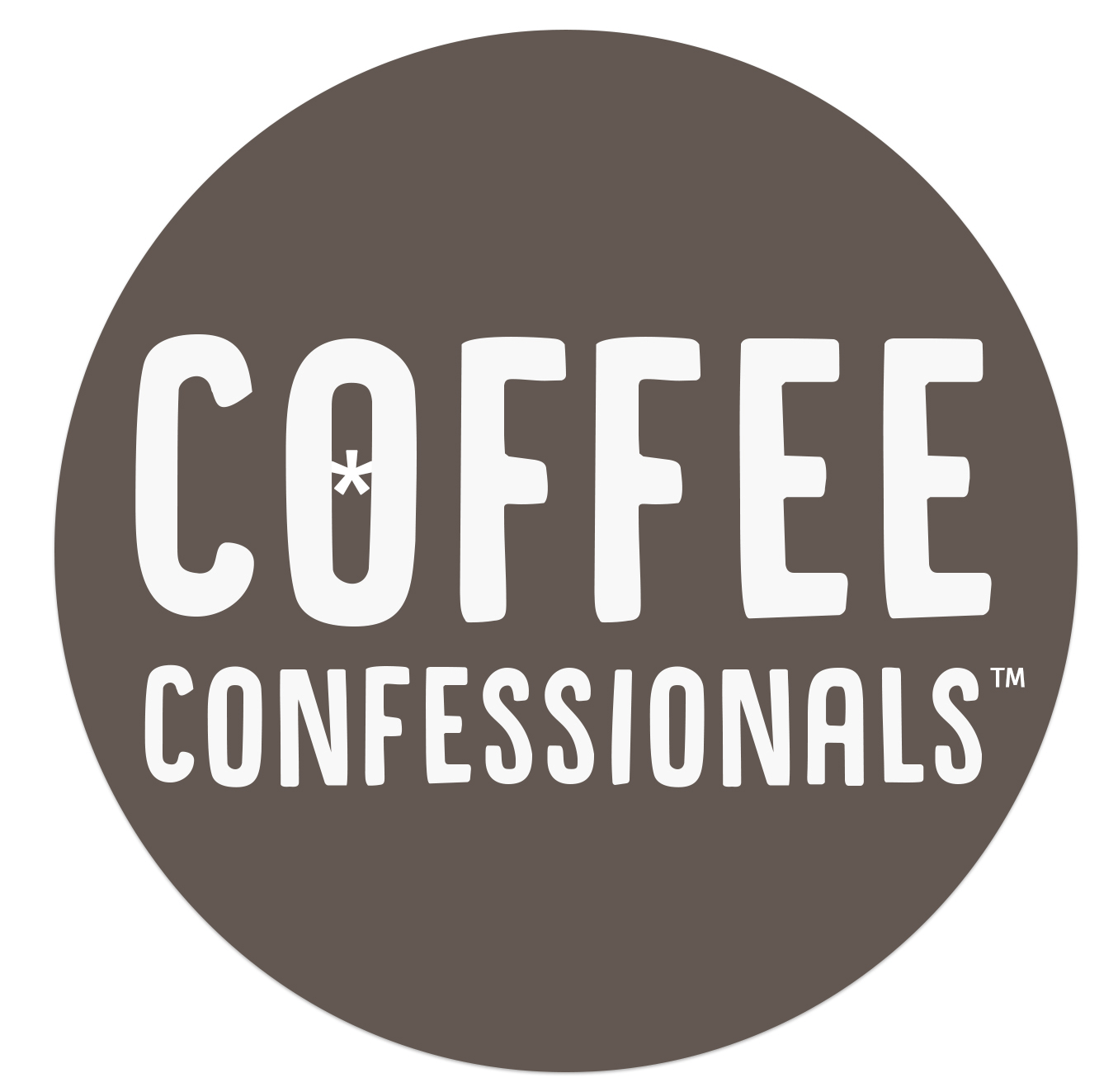The Importance of Water Quality In Brewing Coffee
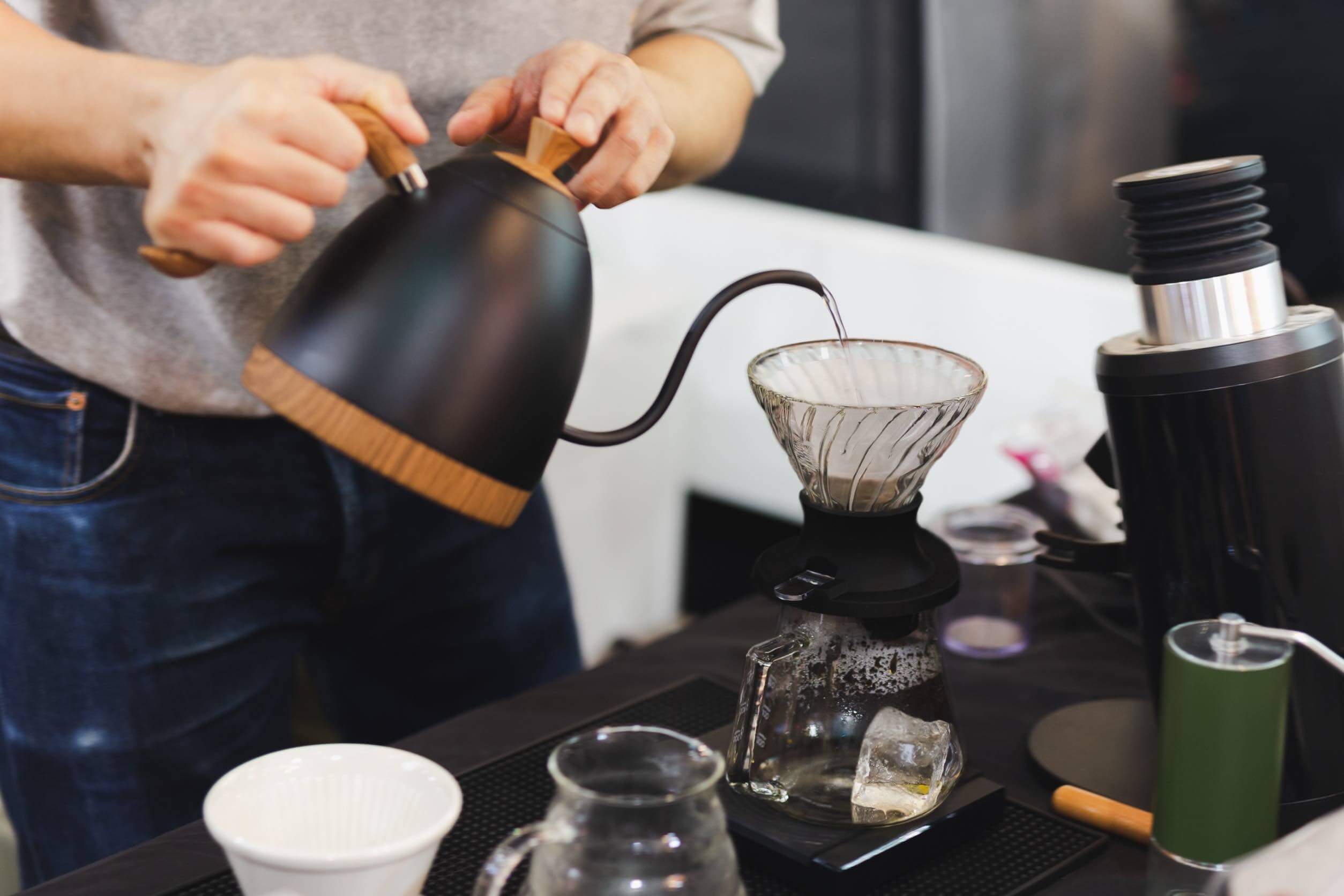
Making great coffee might be an art, but in the end, it all comes down to a science. If you want to get the best from your coffee, you need to consider precisely what goes into it, and most of that is water.
Obviously, a cup of coffee consists of 98% water. As the primary ingredients, the water quality to brew your coffee plays an instrumental role in extracting soluble flavor compounds. Good-quality water helps you achieve a balanced cup profile. In contrast, poor-quality water can have a detrimental effect on the aroma and flavor of your coffee. Here are the requirements for water to brew a perfect coffee:
Use water with neutral pH
According to the Speciality Coffee Association of America, The water used to brew coffee should be completely neutral. pH between 6.5 and 7.5 is acceptable. The higher pH of brewed coffee generally makes your coffee have a darker color and lower sensory acceptability. Moreover, those infusions had lower antioxidant capacity, also, In terms of health. It's not recommended to drink acidic water. Its high acidity and concentration of heavy metals can have several adverse health consequences, such as diarrhea, nausea, and tooth damage.
Choose high purity water
Typical drinking water includes mineral contents, dissolved substances, and additives. These might not be harmful to your health, but they can affect the quality of the coffee you make. Most coffee shops use a high-tech reverse-osmosis filtration system. The higher the purity, the clearer infusion and less harmful ingredients that can affect the taste and aroma of your coffee. Filter used in coffee shops is customized to remove impurities from the water and then add a mixture of minerals that would complement their brewing process. Even when you buy the same beans from a coffee shop, your coffee at home may not taste the same.
The Specialty Coffee Association's water standards give an ideal target as water with the following characteristics: no odor or color; zero chlorine; and calcium hardness of 50-175 ppm CaCO3. You need to know that the ideal water for brewing coffee is clean, soft, and free of chlorine.
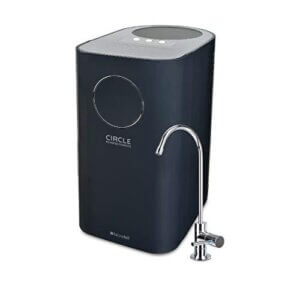
Know the perfect brewing temperature
Water is responsible for extracting the flavors from coffee grounds. Water temperature plays a significant role in this extraction process, so knowing how much heat you've got in your kettle. The wrong water temperature can cause an over-extraction or under extraction of coffee components.
The Coffee Brewing Handbook published by the Specialty Coffee Association states that a water extraction temperature of 92–96 °C is necessary for "proper extraction". It's the range where the flavorful compounds of coffee dissolve in water and will give you a balanced and tasty cup. Higher temperature will pull extra bitter and astringent, leaving the resulting brew too strong and dry since higher temperature increases solid compounds such as caffeine.
Choose the ideal type of water.
In sensory evaluation, consumers judge water quality by its clarity, palatability, and odor. Water (including its ionic composition) can highlight the specificities of a coffee or leave it dull and flat. The levels of ions and species in the water change the rate of water passing through the ground coffee. Types of water with different ions can have an impact on the flavour and aroma of the coffee, especially sweet and chocolate aroma, as well as oily mouth-feel
Bottled water
Many coffee drinkers assume that bottled water in their coffee machines will produce a better drink. This is only partially true. Bottled water is clean and free of chlorine, making for better-tasting coffee. However, most bottled waters have either a very high concentration or close to no minerals. Bottled water with no minerals isn't ideal because a small amount of minerals brings out the best coffee flavor.
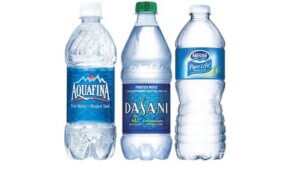
Filtered Tap water
The water running from your tap can be the best to make coffee. As long as it is clean, odorless, and has good taste, you can use it. The simple filtration process can make it suitable and safe for making a tasty cup of coffee. You can remove chlorine, odors, and some minerals from tap water by filtration. The pH value of tap water is 7,4. Tap water contains high minerals that lead to less extraction in coffee, so the infusion will taste sweeter and less bitter.
